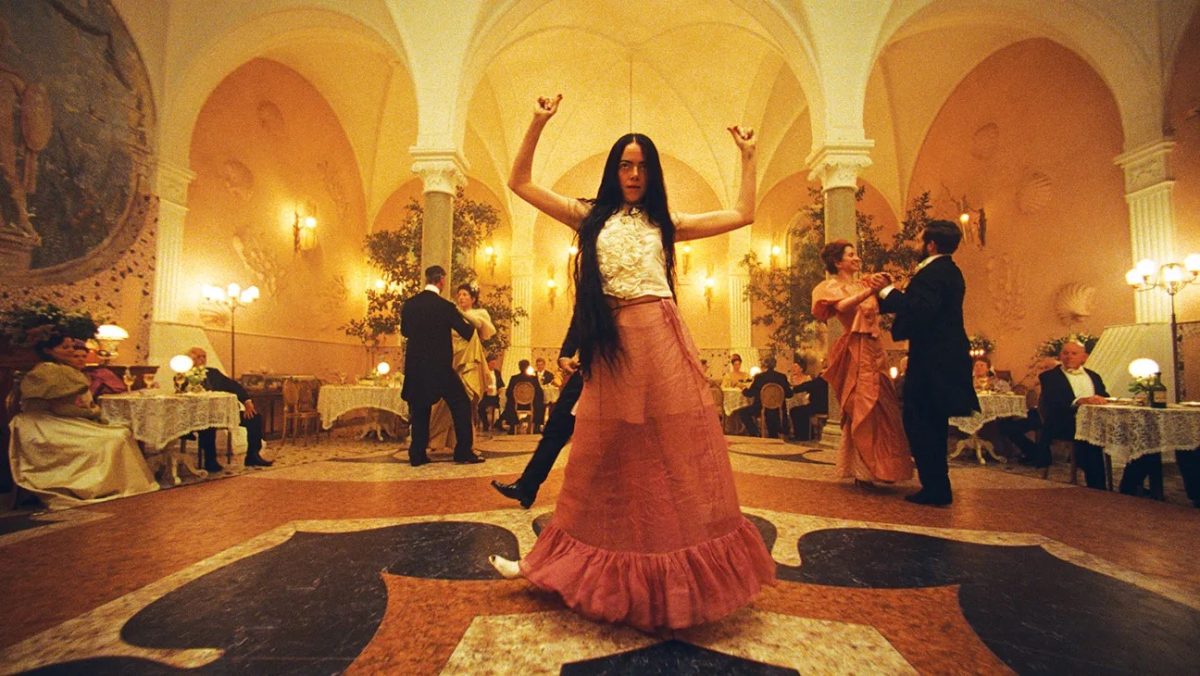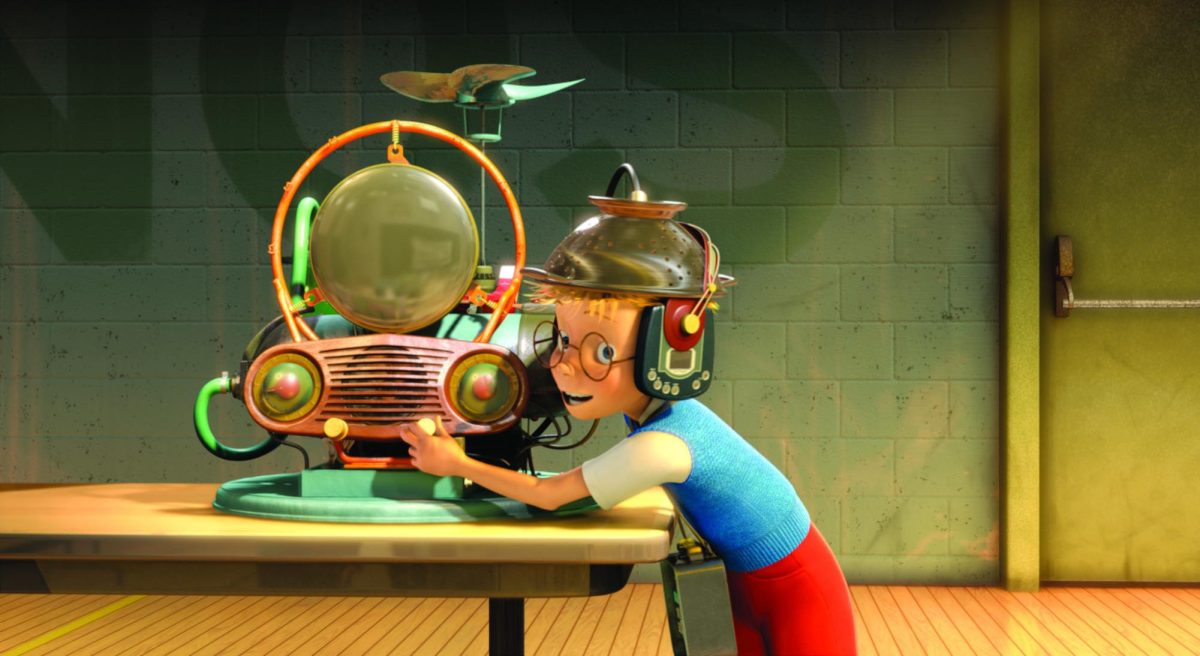“The Place Beyond the Pines” is far from Hollywood’s mainstream. It is a genre hybrid of crime thriller, family drama and a coming-of-age story. Derek Cianfrance (director of the critically lauded drama “Blue Valentine,” also starring Ryan Gosling) has once again powerfully celebrated the glory of American narrative cinema. Full of intense plot, profound character performances and rich imagery, “The Place Beyond The Pines” takes you on a deep emotional journey with unexpected turns.
What makes this film so compelling is its dexterous structure into three distinct yet perfectly intertwined chapters. While most films usually center on one hero only, Cianfrance deliberately chooses to tell the dramatic stories of two, which makes it difficult for us to grasp what or whom the film is centrally about. It starts out with the story of Luke Glanton (Academy Award nominee Ryan Gosling), a multi-tattooed motorcycle stunt man who earns a living from riding at high speeds inside a mesh steel sphere called the Globe of Death at carnivals. Judging from his perilous job as well as his rebellious appearance — chain-smoking, reveling in playing with fan knives and wearing dirty t-shirts inside out — Luke unequivocally creates the impression of being a filthy (yet admittedly dishy) badass.
However, as we plunge deeper into the story, Luke reveals his softer core. When finding out about having fathered a son with one-night stand Romina (Eva Mendes), Luke decides to take responsibility for his son, despite already struggling to care for himself (and the fact that the kid looks nothing like his mom). But love and despair cause him to make a momentous decision, initializing a set of severe consequences.
Armed with a mask, gun and combat boots, Luke turns into a persecuted bank robber, exploiting his motorcycling skills to escape from the police. Cianfrance skillfully contrasts Luke’s ambiguity, though at times over-ambitiously, by means of breathtaking chase scenes and those depicting the harmonious family life. They not only effectively convey a strong picture of Luke’s character (the adrenaline junkie vs. the calm, loving father) but also keep the story interesting and exciting.
A breathtaking chase between Luke and policeman Avery Cross (Bradley Cooper, “Silver Linings Playbook”) introduces us to the film’s second chapter: the life of Cross and his family. And so as one narrative unravels, the other is knitted. Cross’ life sets course for a dramatic trail that is reminiscent of Luke’s, yet on a whole different level. So as both stories become interlocked, the lives of both families are calamitously impacted; in the course of the final chapter, “The Place Beyond the Pines” eventually climaxes with an electrifying open ending years later.
Cianfrance’s choice of soundtrack further accentuates the composition of emotions and characters. Melancholic songs by Mike Patton, Vladimir Ivanoff, Arvo Part, Bon Iver and Bruce Springsteen accompany the action persuasively and are strongly reminiscent of some of the thrilling driving scenes in the drama “Drive” directed by Nicolas Winding Refn, also starring Gosling.
Broodingly earnest but perhaps too ardent in its execution, “The Place Beyond The Pines” is a captivating tragedy of courage, love, remorse and fear. (A-)







